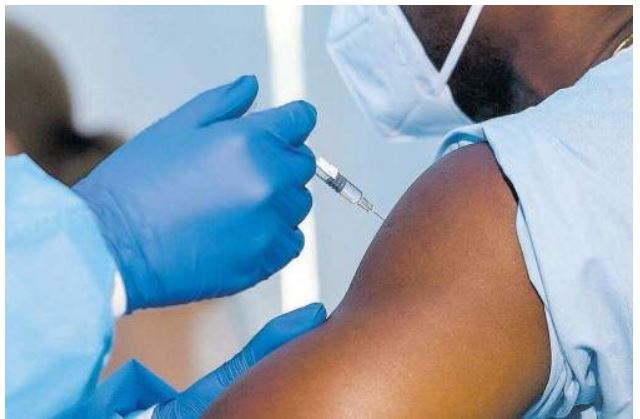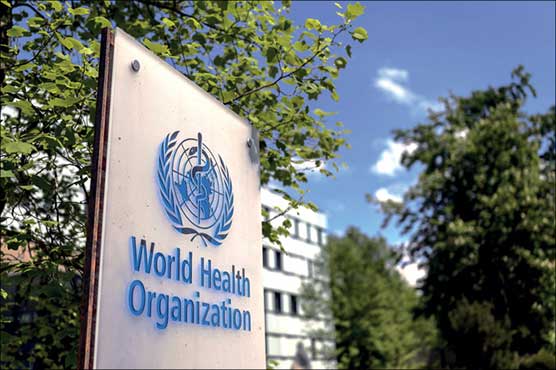By Desmond Brown
ST GEORGE’S, Grenada, Jul 15 2017 (ACP-IDN) – Chronic non-communicable diseases (NCDs) make a significant contribution to mortality and morbidity in the Caribbean and continue to represent an economic burden for most of the region’s countries.
Addressing the latest meeting of the Conference of Heads of Government of the Caribbean Community (CARICOM) held here from July 4-6, St Kitts and Nevis Prime Minister Dr Timothy Harris – who has responsibility for health in the organisation’s Quasi-Cabinet – called for urgent action to reverse the situation.
Citing the findings of a 2016 study on the economic dimensions of NCDs in Trinidad and Tobago, Harris noted that an estimated 5 percent of that country’s gross domestic product (GDP) is being lost through the impact of preventable diabetes, hypertension and cancer.
Of that 5 percent, Harris reported that half is a result of direct medical care costs and the other half relates to a loss in productivity. “These are significant costs that are unsustainable. Importantly, they are preventable impediments to growth,” he said, adding that similar estimates have been reported for Jamaica and Barbados.
“If one was to examine the growth pattern of Trinidad and Tobago and the Caribbean region over the last 10 plus years, they would not find that the country would have grown by five percent. Therefore, when in fact five percent of the economy is being impacted negatively with respect to NCDs, this is a major cause for concern. The costs here are significant and they are as unsustainable for any country. Importantly, these diseases are preventable impediments to growth.”
Harris called on fellow heads of government in the region to refocus their efforts to urgently address NCDs and four main risk factors associated with NCDs: unhealthy diet, lack of physical activity, tobacco use and harmful use of alcohol.
The prime minister’s remarks came as CARICOM observed the 10th anniversary of the Port of Spain Declaration on NCDs, which is aimed at uniting the region to stop the epidemic of non-communicable diseases.
Harris said if actions are not taken soon, member states are “likely to lose the leadership role which they played back in 2007” – the year in which CARICOM countries adopted the Port of Spain Declaration – and warned countries that there are urgent actions that must be taken by member states to curb the increasing threat to the well-being and wellness of all citizens.
Referring to the meeting at which the Declaration was adopted, Harris said that regional heads had “demonstrated leadership when they met to discuss the way forward to reduce the threat of NCDs on the CARICOM population … This was an unprecedented meeting and was a launching pad for NCDs to become a feature on the United Nations Agenda.”
He went on to note that “in 2011, for the first time, the United Nations mobilised a high-level meeting on non-communicable diseases, making NCDs a subject for international attention and action. In 2018, the United Nations will convene another high-level meeting on NCDs and we are looking forward to participate fully in that meeting.”
Meanwhile, Dr Alafia Samuels, director of the George Alleyne Chronic Disease Research Centre at the Barbados-based Cave Hill campus of the University of the West Indies (UWI) told the St George’s summit that while all countries in the Caribbean have gained life, some have gained much more.
“The countries that have gained the most life over the past 40 years would be like Martinique and Guadeloupe – both of which have increased their life expectancy by 15 years. Haiti also increased by 15 years,” she said.
But two of the more advanced CARICOM countries – Jamaica and Trinidad and Tobago – saw their life expectancy grew by only five years between 1970 and 2010, according to a study conducted by the research centre.
In 1970, Jamaica’s life expectancy at birth was 67.5 years. It is now 72.2 years. Trinidad’s has moved from 64.8 years to 69.3 years, while life expectancy varies from 61 years in Haiti, to 75 years in Antigua and Barbuda, Barbados and the Bahamas.
Samuels said that the unfortunate situation in Jamaica and Trinidad and Tobago was not caused by violence, “it is because people are dying of heart attacks and strokes, because peoples’ diets are unhealthy, they are not moving, they are smoking and drinking alcohol.”
Samuels was the principal investigator in a multidisciplinary team that evaluated the historic 2007 Port of Spain Declaration on NCDs. The findings were presented to regional leaders at the heads of government conference.
In its report, the team argued that increased taxation on tobacco, alcohol and certain food and drinks, such as sugar-sweetened beverages, is one of the major ways to curb the problem.
Regarding tobacco, for example, the report – conducted in partnership with the World Health Organisation (WHO) and the Pan American Health Organisation (PAHO) – noted that regional states are lagging in imposing taxes at 75 percent of the sale price of cigarettes.
According to the report, no CARICOM country has achieved the target. Rates of taxation currently range from 17 percent to 63 percent. The ban on promotion, it added, has seen “little progress”.
Grenada, Jamaica and Trinidad and Tobago were studied and the report said revenue from increasing taxes on tobacco and alcohol could amount to more than 37 million dollars, far exceeding the estimated 13 million dollar cost of WHO’s ‘best buy‘ NCD intervention.
Grenada’s Health Minister, Nicholas Steele, cautioned that a balance has to be struck on the issue of taxation. “In most Caribbean territories, sometimes it’s not just simply the higher the tax, the greater the deterrent. At a certain point, increasing taxation doesn’t necessarily decrease the use of the product. We have to make sure there is an accessible alternative,” he said.
Note: This report is part of a joint project of the Secretariat of the ACP Group of States and IDN, flagship agency of the International Press Syndicate.
Like our Facebook page https://www.facebook.com/CaribbeanNewsService/
Follow us on Twitter https://twitter.com/CNewsService
Follow us on Instagram https://www.instagram.com/caribbeannewsservice/




